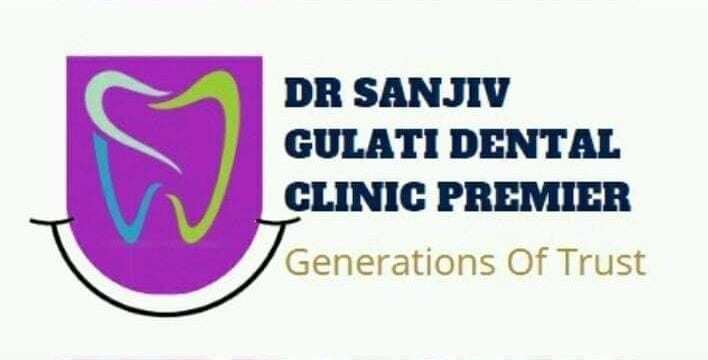Orofacial Trauma
Introduction:
Orofacial trauma refers to injuries that affect the face, mouth, and jaws, often caused by accidents, sports-related incidents, violence, or falls. These injuries can have a significant impact on a person's quality of life, affecting their ability to speak, eat, and even breathe properly. Oral and maxillofacial surgeons are highly trained specialists who play a crucial role in the treatment of orofacial trauma
Assessment and Diagnosis: For a patient with orofacial trauma, a thoroughassessment is conducted. This typically includes a comprehensive examination of the facial structures, teeth, gums, and associated soft tissues. Advanced imaging techniques such as X-rays, CT scans, and MRI may be utilized to assess the extent of the injury and identify any hidden or underlying damage. Once a proper diagnosis is made, an appropriate treatment plan is formulated.
Surgical Intervention: A wide range of procedures to repair fractured bones,reposition displaced teeth, and reconstruct damaged soft tissues areavailable. They include techniques such as open reduction and internalixation (ORIF) to stabilize fractures using plates, screws, or wires. In complexcases, where bone loss or deformity is present, bone grafts or tissue flapsmay be employed to restore function and aesthetics.
Dental and Prosthetic Rehabilitation: In addition to surgical intervention, ifteeth have been avulsed or damaged, dental implants, bridges, or denturesmay need to be placed to replace missing teeth. This comprehensive approach addresses both functional and aesthetic aspects, restoring thepatient's ability to chew, speak, and smile confidently.
Postoperative Care and Follow-up: Following surgical procedures for orofacialtrauma, thorough postoperative care is provided to closely monitor the healingprocess.It includes guidance on pain management, oral hygiene, and dietmodifications to aid in recovery. Regular follow-up appointments allow toassess progress, make any necessary adjustments, and address anycomplications or concerns that may arise
.Conclusion: Orofacial trauma can have a significant impact on a person's Physical and emotional well-being. Oral and maxillofacial surgeons play a vitalrole in the management of these injuries, providing timely and comprehensivetreatment options. Through their expertise in assessment, emergencymanagement, surgical intervention, dental rehabilitation, and postoperativecare, these specialists strive to restore function and aesthetics, improving thequality of life for patients affected by orofacial trauma.
At our clinic, Dr Shubhav Gulati is the oral and maxillofacial surgeon handling
all cases of orofacial trauma.

